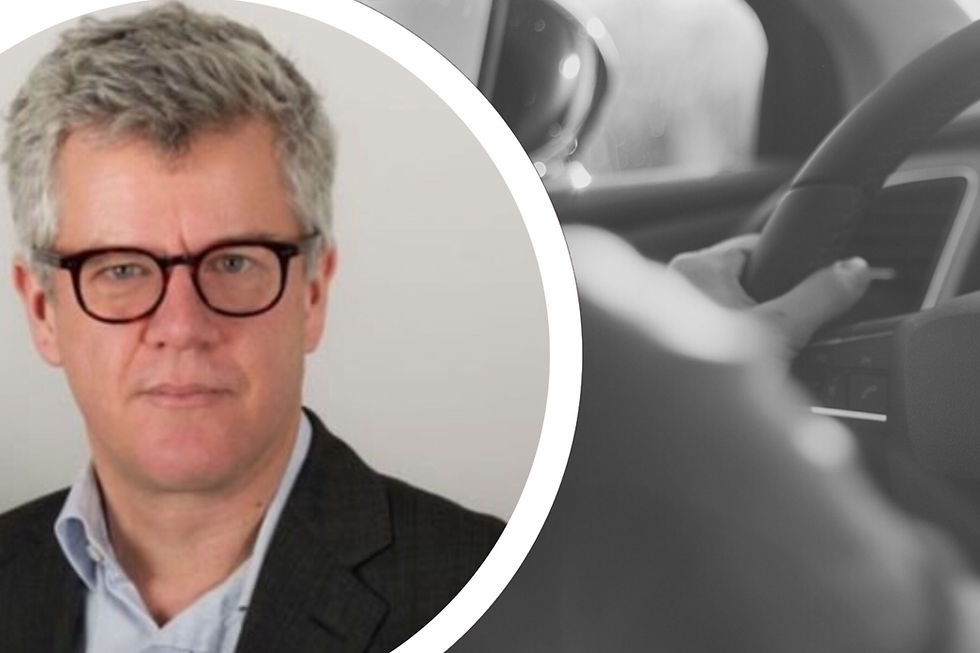£1billion Uber VAT case to fight on according to lawyers
- LTDA
- Aug 23, 2019
- 2 min read

Lawyers fighting to make Uber pay £1 billion in VAT are to press on with the case despite being refused an appeal against a ruling that ended the initial challenge. The Good Law Project was told it could not appeal a judge’s decision not to allow an application for a costs order in its action against Uber and its VAT liability.
The order was necessary to put a limit on the project’s exposure to costs, estimated at £1m. The judge found that a protective costs order could not be obtained in private law proceedings. The fact that the London taxi trade contributed to the Good Law Project’s campaign also weighed heavily against the application. The project said that it would not be able to continue without the order. However, in a message on its website, the group said that it would now switch its strategy “to a judicial review of HMRC’s failure to raise a protective assessment against Uber.” “As matters stand, we have a hearing on 6 November to consider HMRC’s application that key elements of its case not be made available to the public. “Uber will be attending and arguing that HMRC should not be able to disclose anything about its affairs to us – despite the very clear language of section 18(2)(c) of the Commissioners of Revenue and Customs Act 2005. “We will say that this is a case about securing public confidence in the proper administration of the tax system cannot sensibly be heard out of public eye. Let the sun shine in, we say, and let the people know why, remarkably, HMRC appears to be allowing Uber to dodge hundreds of millions of pounds of tax every year.” The project headed by Jolyon Maugham QC said it had been forced to pay Uber more than £100,000 in costs, which consumed most of the funding it had secured from the taxi trade and other backers. The QC said that he did not “plan to ask for further funding to pay for the judicial review. “It is possible that that situation will need to change but we are keenly aware of the commitment we made to you, our funders, to try and chase down Uber’s VAT dodging and we do not seek to escape or avoid that commitment.” The initial legal proceedings got underway in 2017 in order to challenge Uber’s position that the company does not make taxable supplies of transportation services. In August 2017, HMRC declined Mr Maugham’s request to exercise its discretion under the VAT regs to allow his claim for recovery of input tax on a journey taken with Uber, even though its drivers do not issue VAT receipts. The company claims it does not offer transport services but connects passengers and drivers, and is not liable for VAT. The European Court of Justice has ruled otherwise, saying the company does supply transport services. The revenue announced in May that it is now investigating whether the minicab company owes more than £1bn in unpaid UK tax.
Motorist image: Pixabay









